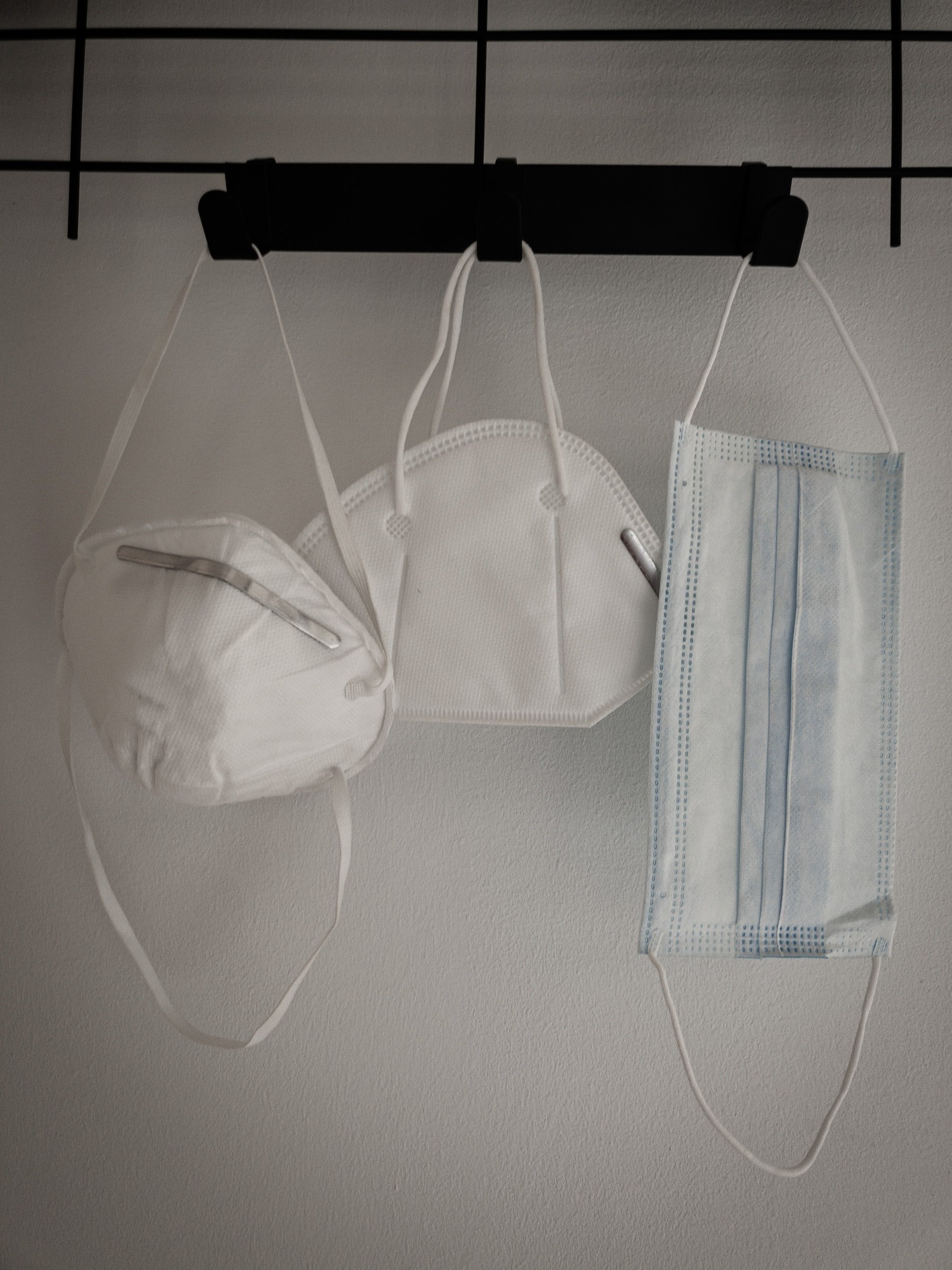
The COVID-19 Pandemic has transformed our world and created a time in which we were all more reliant on the supply chain running smoothly than ever before.
Across the United States, municipal governments are tightening their belts as the financial support from the pandemic era fades and inflation persists.
The COVID-19 pandemic has shifted perceptions around doomsday prepping, once considered the realm of conspiracy theorists.
WHO Director-General Tedros Ghebreyesus is sounding the alarm bells about something called "Disease X."
Bankrupt trucking giant Yellow has announced it has fully paid back a contentious $700 million Covid loan from the U.S. Treasury Department, along with over $151 million in interest.
In 2020, the aerospace industry faced a significant upheaval due to the COVID-19 pandemic, resulting in a sharp decline in travel demand, plummeting aircraft orders, and a major impact on aerospace suppliers.
As the $24 billion federal COVID-19 pandemic support program for childcare providers nears its expiration, childcare centers across the United States are grappling with the possibility of closure, leaving millions of families without access to affordable childcare.
Bed Bath & Beyond (BBB) has filed a complaint with the Federal Maritime Commission (FMC) accusing Taiwan-based container line Yang Ming of unfairly exploiting its customers during the COVID-19 pandemic.
As the nation emerged from the pandemic, smash-and-grab robberies drew attention in California, targeting high-end stores.
Congress is taking action to address the critical shortage of pharmaceutical drugs in the U.S., which has been exacerbated by the COVID-19 pandemic.
Amazon.com Inc. is doubling down on its fast-delivery capabilities for its Prime service following a temporary slowdown during the pandemic.
The COVID-19 pandemic forced a massive shift to remote work, leading to a surprising revelation that remote employees are not slackers but, in fact, work slightly longer hours than their office-based counterparts.
This article discusses the unique complexities and challenges faced by pharmaceutical supply chains.
Business owners seeking to claim the Employee Retention Credit (ERC) should exercise caution to avoid falling victim to scams and misinformation.
The number of blank sailings in the global container shipping market has reached its lowest point since the pandemic began, indicating a path toward normalization, according to Sea-Intelligence.
Descartes Systems Group's Global Shipping Report reveals that container import volumes in the United States slightly decreased in June compared to May 2023 but were significantly higher than pre-pandemic levels in June 2019.
The ongoing drug shortage crisis in the United States, particularly in the field of cancer drugs, highlights the failures of the pharmaceutical supply chain and the U.S. Food and Drug Administration (FDA).
A Congressional report released on Tuesday revealed significant problems with the Treasury Department's $700 million loan to Yellow Corp. as part of a COVID-19 relief program in 2020.
China's economic slowdown and declining exports are impacting ocean shipping, with the post-COVID rebound in domestic spending faltering.
The White House has claimed that supply chains today are more fluid and resilient compared to the disruptions caused by COVID-19.
China's longstanding position as the global manufacturing hub is facing challenges as companies reassess their supply chains.
The food industry has experienced significant disruptions in recent years, including Brexit, COVID-19, conflicts, weather events, animal diseases, and inflation, leading to a global increase in food prices.
Instant Brands, the maker of the popular Instant Pot cooker and Pyrex glassware, has filed for Chapter 11 bankruptcy protection due to ongoing financial struggles caused by supply chain pressures.
The COVID-19 relief funds intended to combat the pandemic and stabilize the economy became the target of the greatest grift in U.S. history.
Jack Buffington, a supply chain expert, sheds light on how the COVID-19 pandemic simply brought to the surface the long-standing issues plaguing global supply chains.
The Covid-19 pandemic has dealt a severe blow to mass transit systems in the United States, causing double-digit declines in ridership and posing the biggest crisis for public transit since the rise of the private car a century ago.
The decrease in strains on global supply chains earlier this year led some to believe that the disruptions caused by the pandemic were coming to an end, but experts argue that a return to normal doesn't mean a return to conventional supply chain practices.
Ocean shipping rates are returning to pre-pandemic levels as volumes decrease and new capacity comes online.
Toyota is reevaluating its inventory management approach after the pandemic highlighted the challenges of operating a just-in-time supply chain.
Since implementing COVID restrictions and subsequently reopening its economy, China has been striving to generate positive momentum.































The COVID-19 pandemic has pushed companies to prioritize work-life balance, leading to happier, more productive employees.